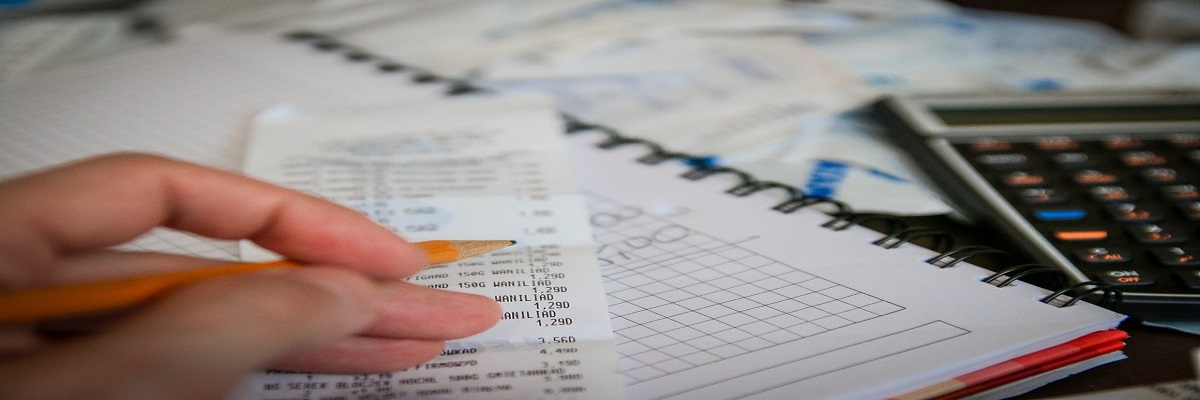Call: 888-297-6203
In most cases, tax debt is still to be paid by the debtor even after they have filed for bankruptcy but there are some circumstances where it can get discharged.
It is highly unlikely for a tax debt to be discharged when filing for chapter 13 as tax debt with other types of debts comes under the repayment plan but on the other hand when filing for chapter 7, debts like medical bills, credit card debt and sometimes federal tax debt is also discharged.
Should I file for bankruptcy for tax debt?
Some types of tax debt like income tax debt can be discharged in bankruptcy but there are certain criteria that you should fit.
You will have to pass the means test of chapter 7 bankruptcy to see whether or not you can apply for it. The test sees your state’s average income and your disposable income (annual income minus necessary expenses) and if your disposable income is less than the state’s average then you are qualified to apply for chapter 7 bankruptcy. If your income is too high then you will have to file for chapter 13 bankruptcy where all the debts including tax debt will come under the repayment plan.
Tax debt-
Whether or not can a tax debt be discharged depends upon how old it was, did you file a return, the type of the tax debt, and which chapter of bankruptcy.
Federal income taxes in chapter 7 can be discharged if you meet all the conditions given below-
- Discharge is for the income tax debt and penalties of fraud and payroll taxes will not come under the discharge.
- You must file tax returns for the relevant tax years for at least 2 years before you file for bankruptcy.
- The tax debt should have a tax return that is originally due at least 3 years old before the date of a bankruptcy filing.
- The IRS assesses the tax debt at least 240 days before filing for bankruptcy.
- You did not commit willful tax evasion. It includes changing the social security number, and name or taking money out of the bank and hiding it.
- You did not commit tax fraud- the return contains no information that was intended to defraud the IRS.
Types of tax debt that cannot be discharged in chapter 7 bankruptcy case-
- Tax penalties from tax debt that are non-dischargeable.
- Tax debt from unfiled tax returns.
- Trust fund taxes or withholding taxes are taken from an employee’s paycheck by the employer.
A debtor who is unable to discharge their tax debt can start installment plans with the IRS or make the IRS an offer to compromise the settlement of the debt.
Federal tax liens-
Even if the tax debt is dischargeable under chapter 7 but the IRS has placed a federal tax lien on your property before the bankruptcy case, it will remain the same even after the tax debt is discharged. This is why it is necessary to clear the title by paying off the lien before selling the property.
You should hire a bankruptcy attorney to help you as they are the ones who can get you the maximum benefits and minimum loss of property, out of a bankruptcy case. After all, getting debt-free and starting a fresh life is the whole point of filing for bankruptcy.
If you want a good attorney and if you live near Los Angeles & Dallas, TX, reach the Recovery law group – (888-297-6203).

